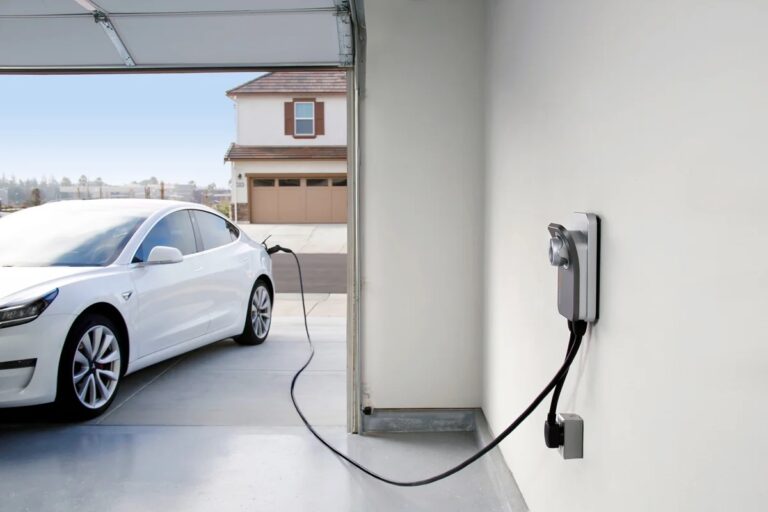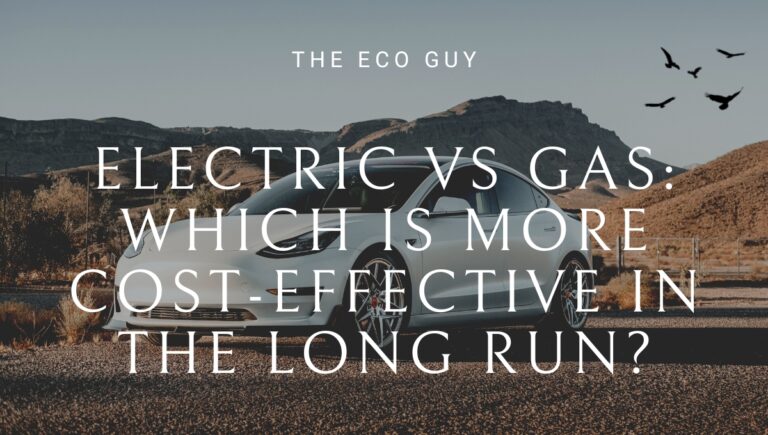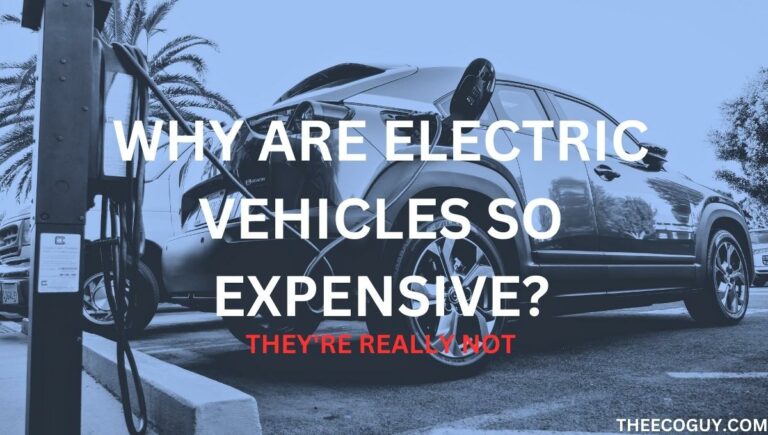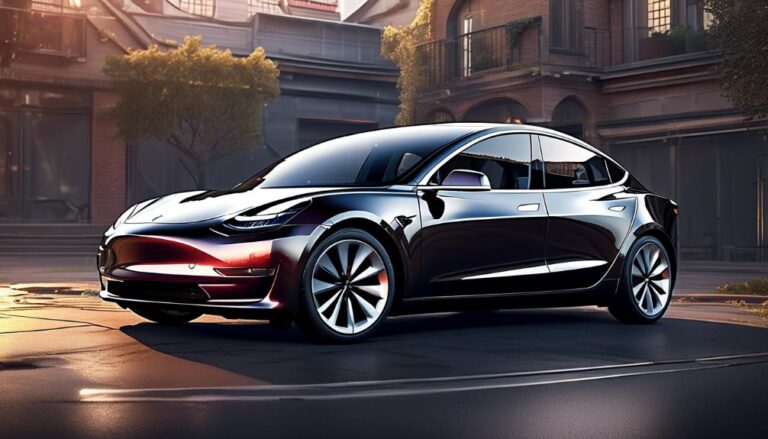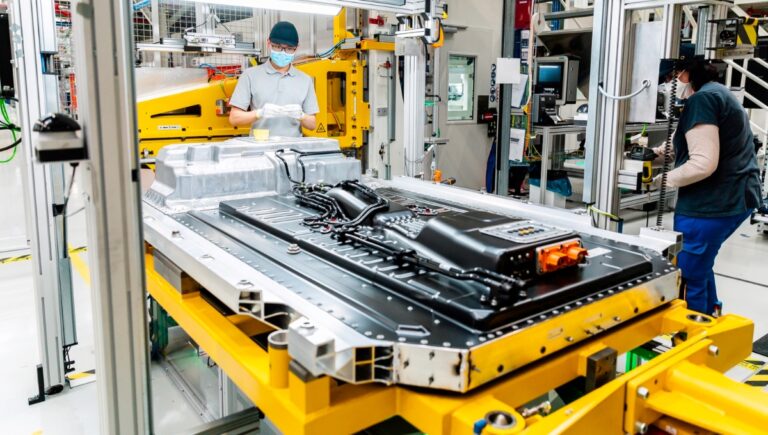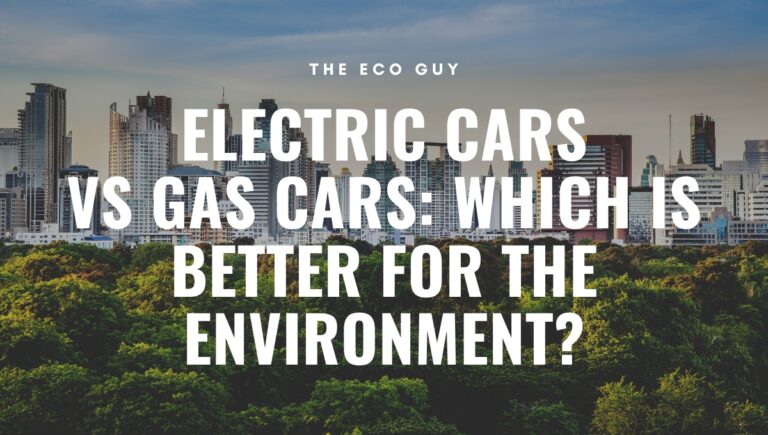Do Electric Vehicles Have Catalytic Converters?

Gas cars all have catalytic converters, but many wonders if electric vehicles (EVs) have them.
Electric cars do not have or require catalytic converters.
Ok, that answers your question, but let’s dive into this further. Why don’t EVs have catalytic converters? What does it do? We’ll answer these questions in this article.
What is a Catalytic Converter?
A catalytic converter is a device that reduces pollution from the exhaust of an internal combustion engine. It uses a catalyst to convert harmful pollutants such as carbon monoxide, nitrogen oxides, and hydrocarbons into harmless compounds such as water vapor and carbon dioxide. This helps protect the environment from smog and other air pollution.
Do Electric Vehicles Have Catalytic Converters?
EVs do not have catalytic converters because they don’t have an internal combustion engine. Instead, EVs are powered by electric motors that use electricity stored in batteries to move the vehicle. This means that EVs do not produce exhaust gases and therefore don’t need a catalytic converter to reduce pollution.
Why Don’t Electric Vehicles Need Catalytic Converters?
Electric vehicles are powered by electric motors rather than traditional combustion engines. These motors convert the energy stored in the vehicle’s batteries into mechanical energy that moves the car’s wheels. This process produces no emissions or exhaust gases, making it much more environmentally friendly than traditional internal combustion engines.
The traditional combustion engine works by burning a mixture of gasoline and air. Unfortunately, this process releases carbon monoxide, nitrogen oxides, and hydrocarbons into the atmosphere. To reduce these pollutants, a catalytic converter breaks down these molecules into harmless compounds before they reach the atmosphere.
Because EVs don’t produce exhaust gases, they do not need a catalytic converter to reduce pollution. This means that EVs are much cleaner and more efficient than traditional gasoline-powered cars, making them an excellent choice for those looking for an eco-friendly way to get around.
What Will Happen to Catalytic Converters With Mass EV Adoption?
As more states in the US begin to adopt electric vehicles, we will see less and less demand for catalytic converters. This is because EVs don’t need them to reduce exhaust emissions. So while the decline of catalytic converters may seem bad news for some industries, it’s good news for the environment as it means less air pollution.
Does the Lack of a Catalytic Converter Make Electric Vehicles Less Safe?
No, the lack of a catalytic converter does not make electric vehicles less safe. On the contrary, they are much safer than traditional combustion engines because they produce no emissions or exhaust gases. As long as an EV is adequately maintained and serviced regularly, it should be able to provide you with a safe and reliable ride without any issues.
Final Thoughts
Electric vehicles do not have catalytic converters because they don’t produce any exhaust gases. This makes them much cleaner and more efficient than traditional gasoline-powered cars, helping to reduce air pollution and protect the environment.
EVs are also safer due to their lack of emissions or exhaust gases, making them an excellent choice for those looking to make an eco-friendly transportation decision.
With the increasing adoption of EVs across states in the US, we can look forward to reduced demand for catalytic converters and improved environmental conditions from less air pollution overall.
So, if you’re looking for an eco-friendly way to get around, consider an electric vehicle for your next car purchase.

